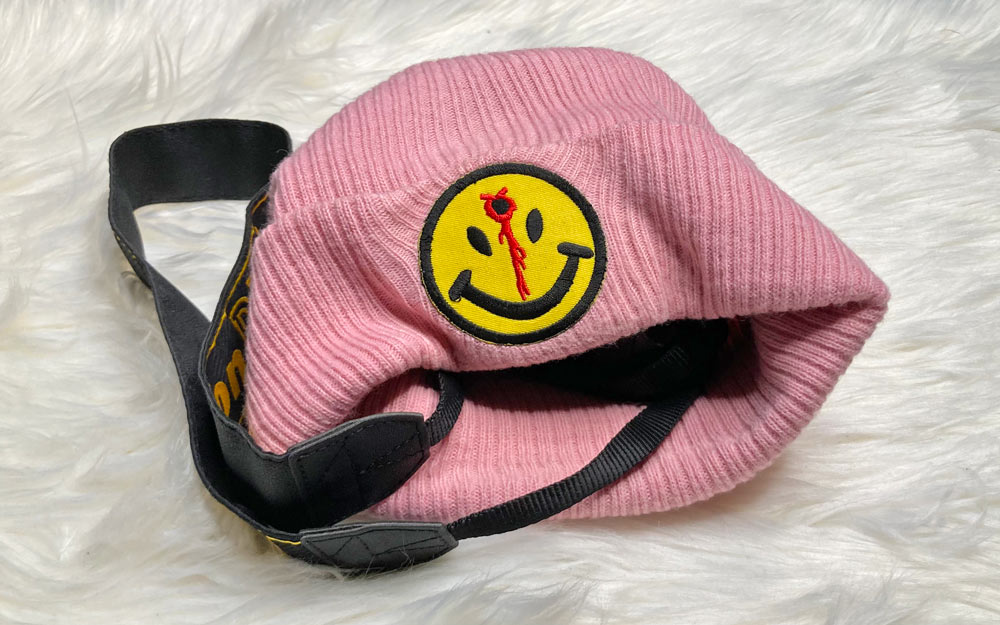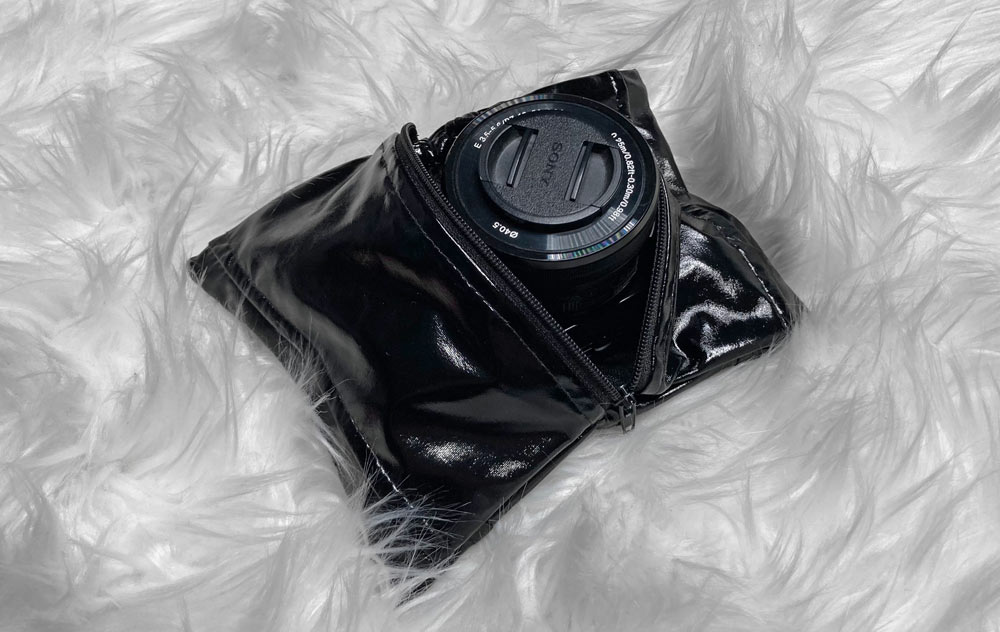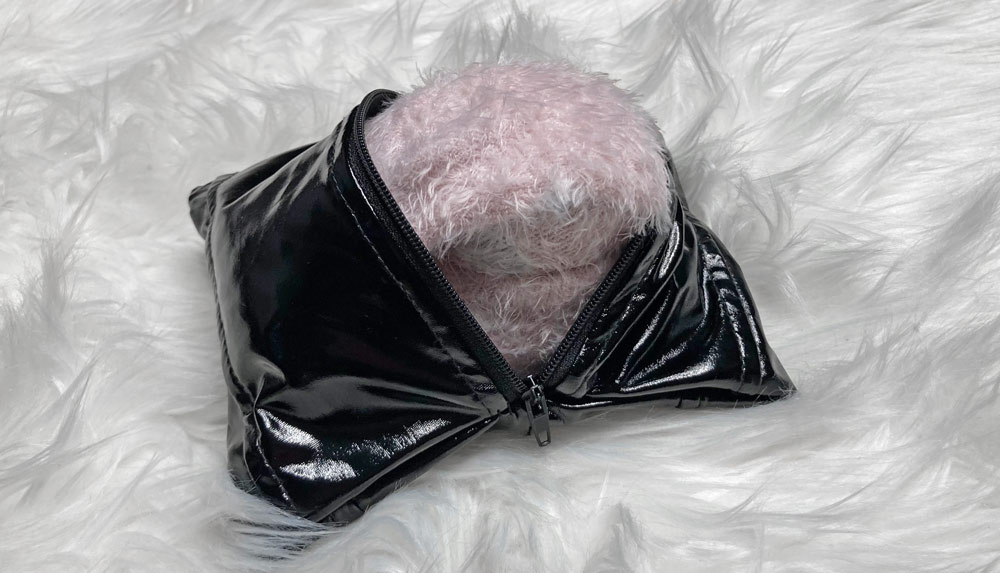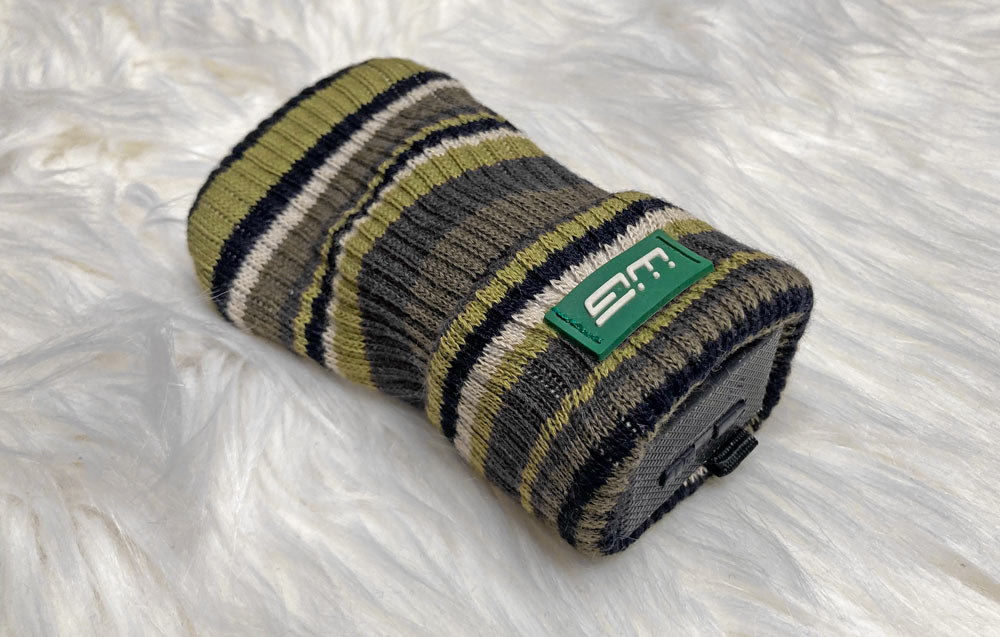There are not always options to carry a dedicated camera bag with you everywhere. On the other hand, not everyone works as a professional outdoor photographer with lots of equipment. This article is for everyone who goes out for a stroll in the town, in nature, or who wants to reduce space in their bag for flight and keep it light. The following paragraphs will give you some answers and ideas about how to pack a camera without a camera bag. I will cover some specific situations for different camper types.

DSRL & Mirrorless Cameras
Backpack with Clothes or Tote Bag
Use a longer, soft T-shirt, hoodie, or tote bag and wrap your camera in it. Then, find a secure place in the backpack.
Laptop Sleeve
In some cases, you may have a backpack with an additional sleeve for a tablet or laptop. If you are not bringing any of these devices with you, try to see if the camera will fit inside. It should provide decent protection for your gear.
Lunchbox or Small Cooler
A small hard-shell lunchbox, especially one for children, combined with a towel can be a good shockproof case.
Toolbox or Tupperware
If you have a small toolbox or Tupperware, they might work, but you will also need some additional protection. Preferably, you will need padding, cotton wool, and small clothes.
Camera Lens Pouch
You can repurpose a bigger lens pouch and see if your camera body fits in. Then, you can pack your lenses separately, for example, in woolen socks.
Bubble Wrap + Ziplock Bag
For an additional layer of protection, cover the camera body and lenses separately in bubble wrap and put them inside a waterproof ziplock bag.
Camera Wrap or Lens Coat
You can buy ready-made camera wraps or travel coats for your devices. These accessories are affordable, don’t take up too much space, and give you some extra protection compared to just placing your camera without any protection between other clothes and gear and risking potential damage.
Camera Insert
You can DIY the whole camera insert with separators or buy a small one compatible with the size of your camera and lenses.

Compact & Point-and-Shoot Cameras
Sunglasses Case
Compacts and point-and-shoot cameras tend to be so small and thin that some can be placed inside a hard-shell sunglasses case. But don’t forget to add one layer of soft cloth around it.
Glasses Pouch
These accessories are incredibly soft and can protect not only your eyeglasses, but if you have a spare one, your camera might fit perfectly inside.
Fanny Pack or Small Purse
The advantage of having a fanny pack is that you can always have your camera nearby, and in a few seconds, it can be in your hands. They both work well, but always think about having additional fabric or soft clothes around them.
Socks or Beanies
Woolen socks are ideal for storing your lenses inside. You can add a beanie as another layer or use it alone with the camera or lens.
Makeup Bag
There are many different sizes and designs, and some might be the right fit for your camera. Some makeup bags have an extra protection layer inside. Look for those. I managed to fit a mirrorless camera inside one.

Action Cameras (GoPro, Insta360, etc.)
Padded Phone Case
The market for phone cases is wide, and you will have a variety to choose from. But preferably, use the one with a soft lining that closes with a zipper or button. Or if you can find a more elastic one that can tightly stick to the camera surface (something like a beanie or sock, but a case), that would be even better.
Small Makeup or Pencil Case
The only thing makeup or pencil cases lack is the inside, which tends to be hard rather than very soft. Use some soft material, a fabric, or padding inside.
Waterproof Pouch
If you are heading towards an area with water or where the weather might be rainy or snowy, use a waterproof bar or dry sack.

In many cases, the question of how to pack a camera without a camera bag arises when you have a special bag you want to use for a trip or event. Sometimes, you need to pack minimally, for example, when you are going camping with camping gear. You can also hold some emotional connection to your existing bag; you won’t let it at home. Last but not least, you may have a smaller budget that does not allow you to buy an expensive camera bag, although you already might have one good and reliable backpack.
Don’t stop here – explore even more photography tricks, tutorials, and gear hacks to help you shoot smarter and travel lighter.
Sources: